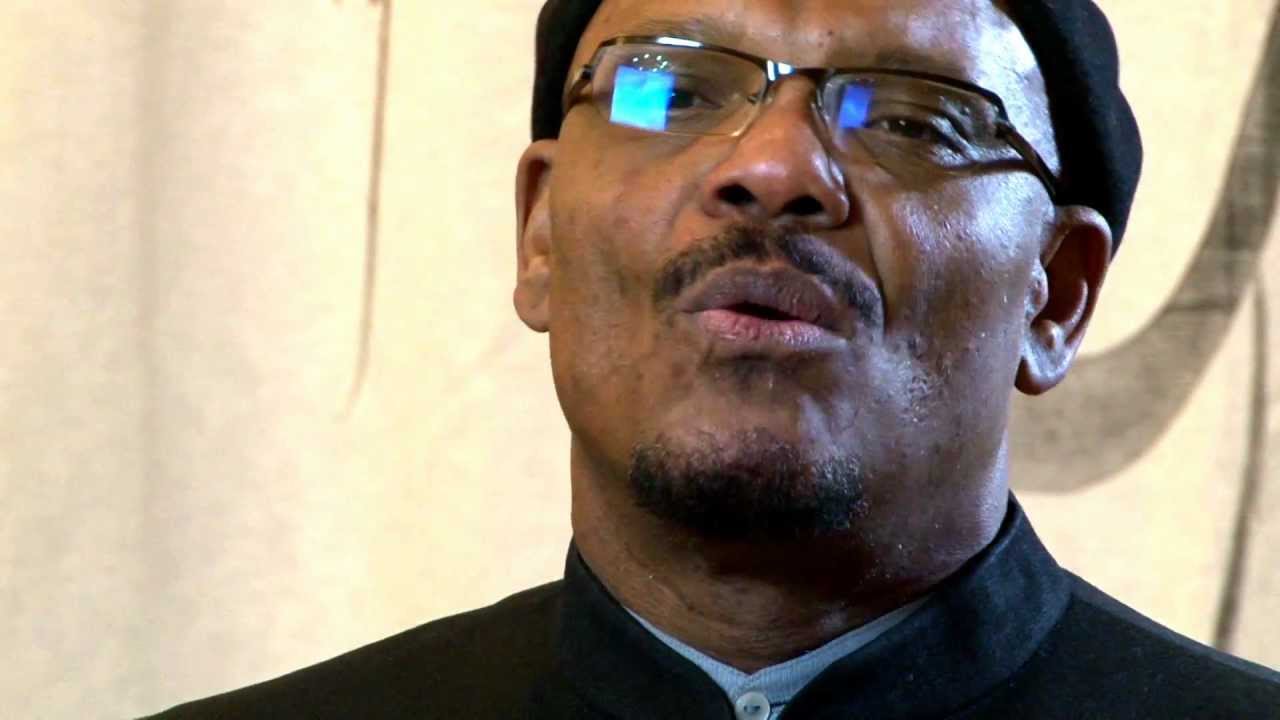Husayn's (A) Sacrifice
When we speak of sacrifice, what we mean is giving preference to somebody else's comfort and wellbeing over our own comfort and wellbeing. To actually have a spirit of sacrifice in one, the first thing that is necessary is an element of selflessness. A selfish person cannot sacrifice. When we look around, we see examples of sacrifice, the closest one to us being our mothers. We find that mothers easily sacrifice their own comfort for the well being of their children.
There are times in life where we will be called to sacrifice. Sometimes there is the right thing to do, and the easy thing to do. In many cases, if we are truthful with ourselves, we tend to choose the easier path, because the right thing to do perhaps requires the kind of sacrifice that we are not ready to give. We might think to ourselves that it is not to do with us. It is somebody else's problem. Somebody else can stand up for them.
But if enough of us don't stand up, then one day we ourselves will be engulfed. And we will wonder why nobody comes to our aid. The example of Husayn is a very clear example of a man who had the right thing to do and the easy thing to do. Around him, everybody turned away, looked away from the tyrant of his time, allowed things to happen. And Husayn also had this choice, right up to the end of his life.
He could have walked away. He could have signed a piece of paper and walked away. But he chose to do the right thing, and this is the lesson for us. The next time we have a choice between what is the easy thing to do and the right thing to do, what kind of choice will we make?
Wenn wir von Aufopferung sprechen, meinen wir damit, dass wir das Wohlergehen und den Komfort eines anderen über unser eigenes Wohlergehen und unseren eigenen Komfort stellen. Um tatsächlich einen geistlichen Sinn für Aufopferung zu haben, ist als Erstes ein Element der Selbstlosigkeit notwendig. Ein selbstsüchtiger Mensch kann nicht opfern. Wenn wir uns umschauen, sehen wir Beispiele für Aufopferung, wobei uns unsere Mütter am nächsten sind. Wir stellen fest, dass Mütter leicht ihr eigenes Wohlbefinden für das Wohl ihrer Kinder opfern.
Es gibt Zeiten im Leben, in denen wir zum Aufopfern aufgerufen werden. Manchmal kommt dabei die Wahl auf entweder das Richtige oder das Leichtere zu tun. In vielen Fällen, wenn wir ehrlich zu uns selbst sind, neigen wir dazu, den leichteren Weg zu wählen, weil das Richtige vielleicht ein Opfer erfordert, das wir nicht bereit sind zu bringen. Wir denken uns vielleicht, dass es nichts mit uns zu tun hat. Es ist das Problem von jemand anderem. Jemand anderes kann für sie eintreten.
Aber wenn nicht genug von uns aufstehen, dann werden wir eines Tages selbst verschlungen werden. Und wir werden uns fragen, warum uns niemand zu Hilfe kommt. Das Beispiel von Husayn ist ein sehr deutliches Beispiel für einen Mann, der entweder das Richtige oder das Einfache tun konnte. Um ihn herum wandten sich alle ab, sahen weg von dem Tyrannen seiner Zeit, ließen die Dinge geschehen. Und auch Husayn hatte diese Wahl, bis zum Ende seines Lebens.
Er hätte weggehen können. Er hätte ein Stück Papier unterschreiben und weggehen können. Aber er entschied sich, das Richtige zu tun, und das ist die Lektion für uns. Wenn wir das nächste Mal die Wahl haben zwischen dem, was einfach zu tun ist und dem, was richtig ist, welche Entscheidung werden wir dann treffen?
Quando si parla di sacrificio, si intende 'preferire il benessere e la comodità di qualcun altro rispetto ai propri'. Perché si possa dire di una persona che ha effettivamente spirito di sacrificio, il primo elemento necessario è l'altruismo: una persona egoista non può sacrificarsi.
Quando ci guardiamo intorno, vediamo diversi esempi di sacrificio. Il più vicino a noi è quello delle nostre madri: vediamo che spesso le madri sacrificano la loro comodità per il benessere dei loro figli.
Ci sono momenti nella vita in cui siamo chiamati al sacrificio: a volte si tratta di scegliere fra fare ciò che è giusto o fare ciò che è facile e, se siamo sinceri con noi stessi, vediamo che in molti casi tendiamo a scegliere la via più facile, perché magari ciò che è giusto richiede un qualche sacrificio che non siamo pronti a fare. Ci succede di pensare soltanto a noi stessi, di dire che non ci riguarda, che è il problema di qualcun altro, che ci penserà qualcun altro a prendere le sue difese. Ma se un numero sufficiente di noi non si alza in piedi, un giorno saremo travolti noi stessi e allora ci chiederemo perché nessuno viene in nostro aiuto.
Quello di Husayn [la pace di Dio sia su di lui] è un esempio molto chiaro di un uomo che si è trovato a scegliere fra fare ciò che è giusto o fare ciò che è facile. Tutti intorno a lui si sono girati dall'altra parte, hanno distolto lo sguardo dal tiranno del suo tempo, hanno lasciato che le cose accadessero.
E anche Husayn [la pace di Dio sia su di lui] aveva questa possibilità, la ebbe fino alla fine della sua vita. Avrebbe potuto andarsene. Avrebbe potuto firmare un pezzo di carta e andare via. Ma scelse di fare la cosa giusta.
E questa è una lezione per noi: la prossima volta che ci troveremo a scegliere fra fare ciò che è facile o fare ciò che è giusto, che scelta faremo?














